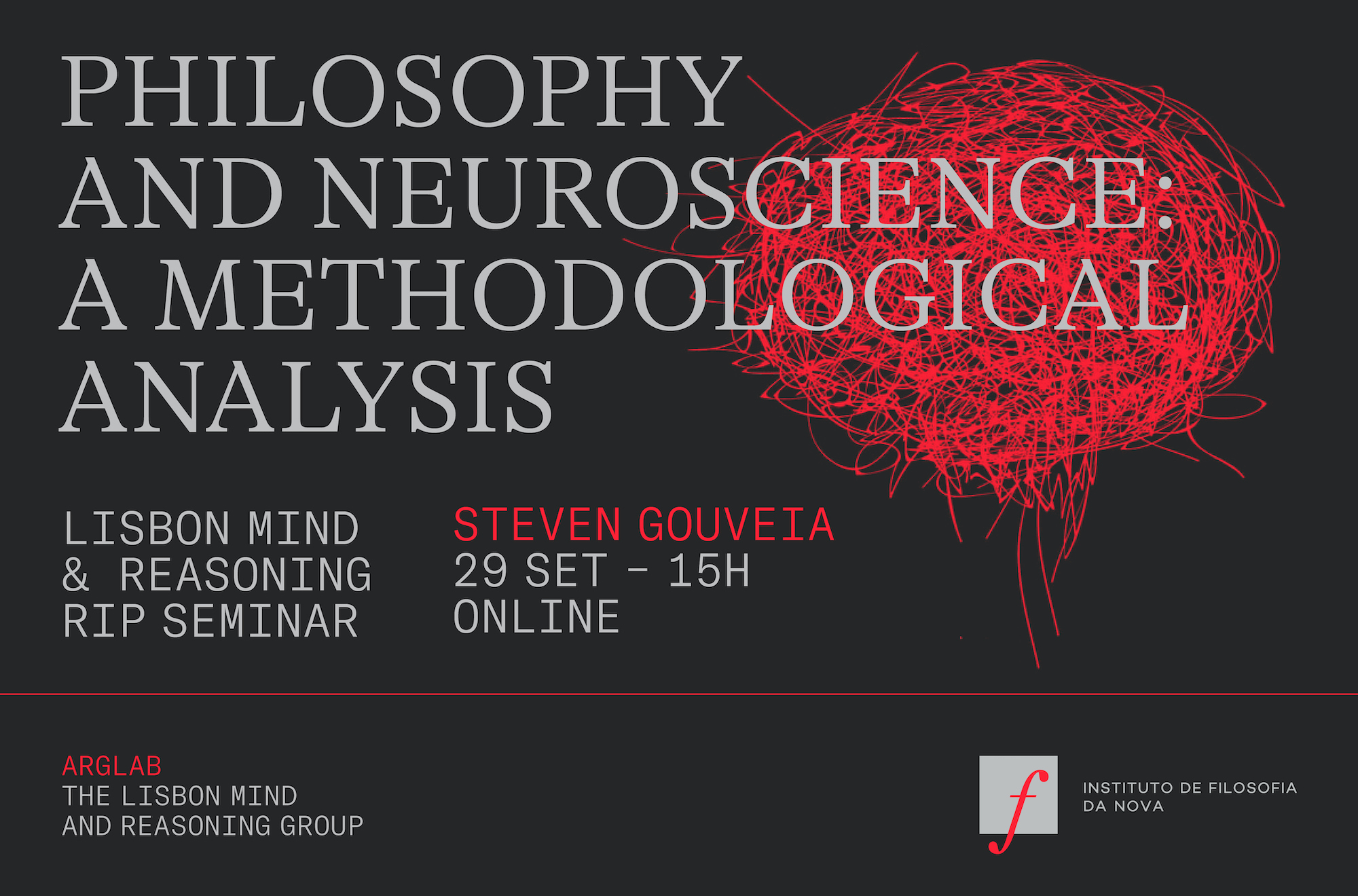Steven Gouveia

The central goal of this talk is to identify and discuss the main answers to the methodological problem that arises when we try to conceive a possible relationship between the methodologies of neuroscience and of philosophy. The traditional way of defining philosophical work as an a priori methodology for dealing with different philosophical problems seems to be clearly opposed to the traditional way of conceiving neuroscientific work, namely as a purely a posteriori investigation. Following this opposition, we will analyze four approaches that aim to offer a plausible answer to this methodological problem: the Isolationist Approach, which will try to deny the existence of the problem; the Reductionist Approach, which will focus on specifying how philosophical work can be reduced to neuroscientific work; the Neurophenomenology Approach, that seeks to demonstrate the importance of an embodied approach to the study of the conscious mind; and, finally, the Non-Reductive Neurophilosophical Approach, which will argue for a very particular methodology that conceives the epistemic utility of both philosophical and neuroscientific work to investigate the human brain.
To join the session, click on the link on the side bar.

